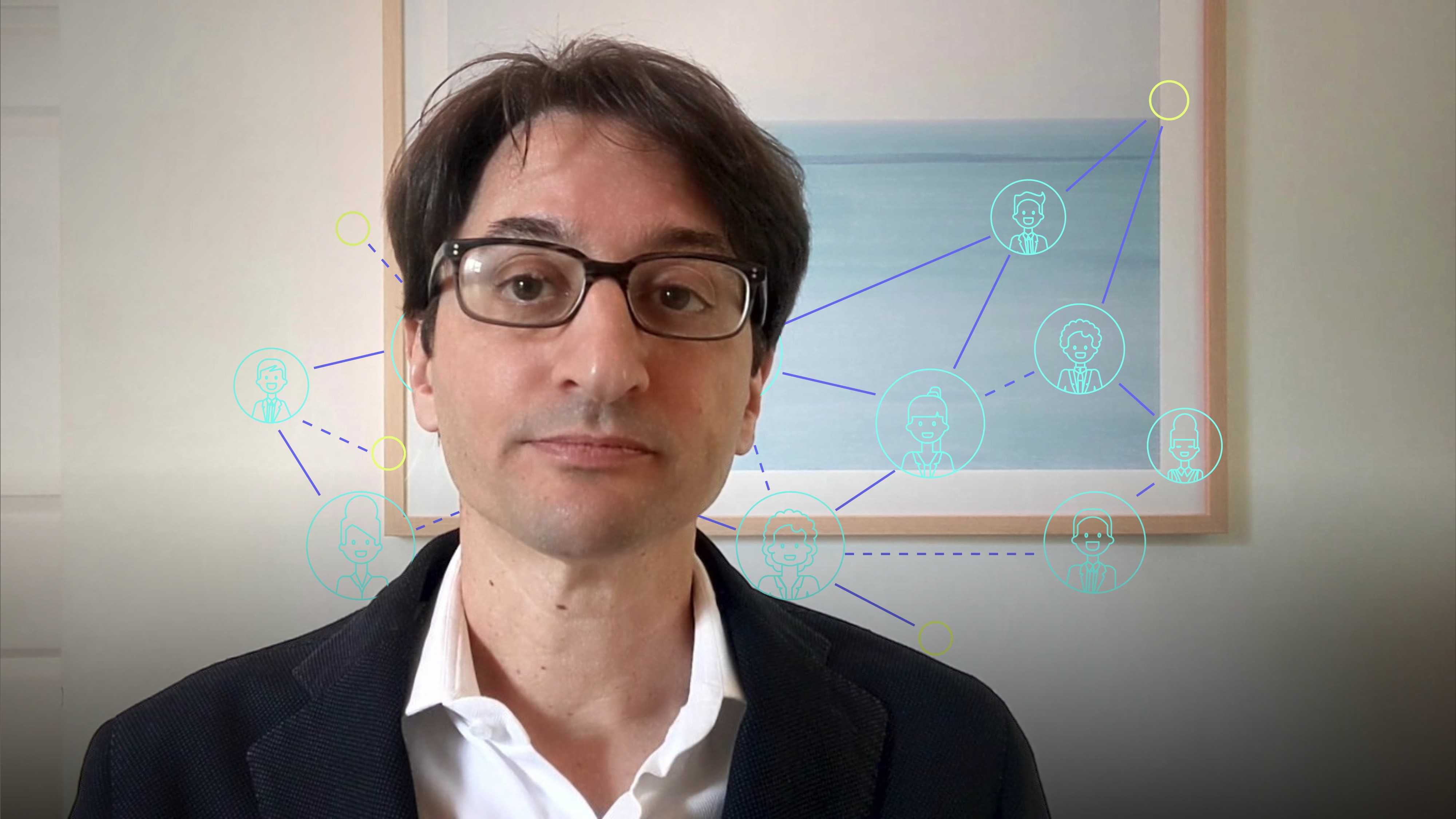
Five Classic Causes of Unintended Consequences

Paul Orlando
25 years: Systems specialist
In this video, Paul talks about Robert Merton's mention of the five causes of unintended consequences, which are error, basic values, short-term vs. long-term interests, ignorance, and the self-defeating prophecy.
In this video, Paul talks about Robert Merton's mention of the five causes of unintended consequences, which are error, basic values, short-term vs. long-term interests, ignorance, and the self-defeating prophecy.

Five Classic Causes of Unintended Consequences
13 mins 53 secs
Key learning objectives:
Learn about Robert Merton’s five causes of unintended consequences
Learn about the different types of error
Understand what are basic values
Learn the types of Short-term vs Long-term interests
Overview:
In the paper he wrote in the 1930's, Robert Merton mentioned the five causes of unintended consequences. The five causes are error, basic values, short-term vs long-term interests, ignorance, and the self-defeating prophecy.
- Error
- Ignorance
- Basic values
- Short - term vs long - term interest
- Self defeating prophecy
- Systematic errors
- Random errors
- Blunders
- Incentives
- P-hacking
- Physiological needs - This is where we choose what feels good in the short term even when there are known long-term consequences
- Classical economics - This is where individuals act in their own best interest without considering the whole system and end up producing other outcomes for society which were outside of anyone’s inten
- Psychological generator of emotional bias - We do things that feel good now rather than things that might be better later
- Trade-offs - Short-term interests have near-term pay-offs
- Connectedness - Change one thing and the effect ripples out elsewhere
- Ignorance by unawareness
- Ignorance from lack of usefulness
- Ability ignorance

Paul Orlando
There are no available Videos from "Paul Orlando"

